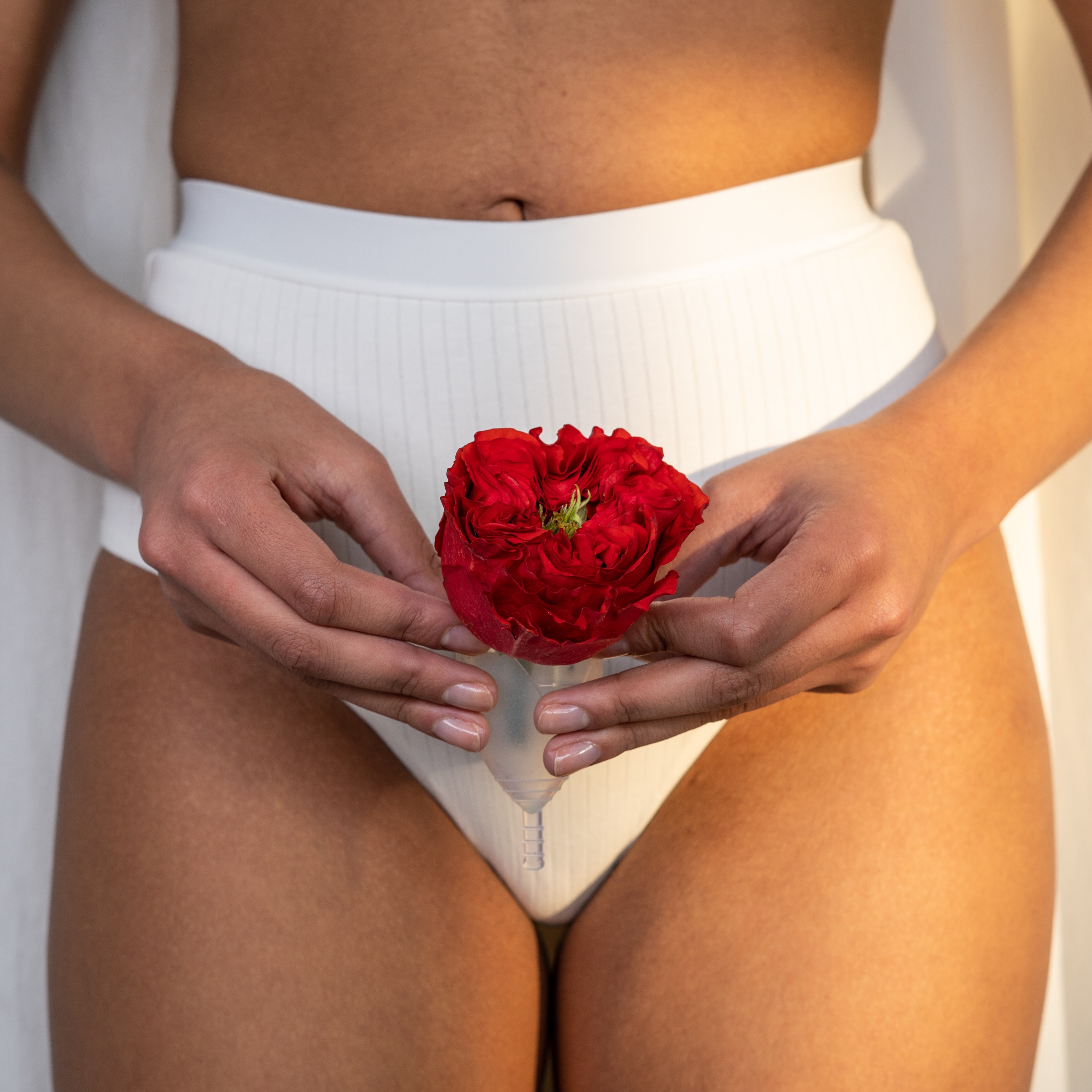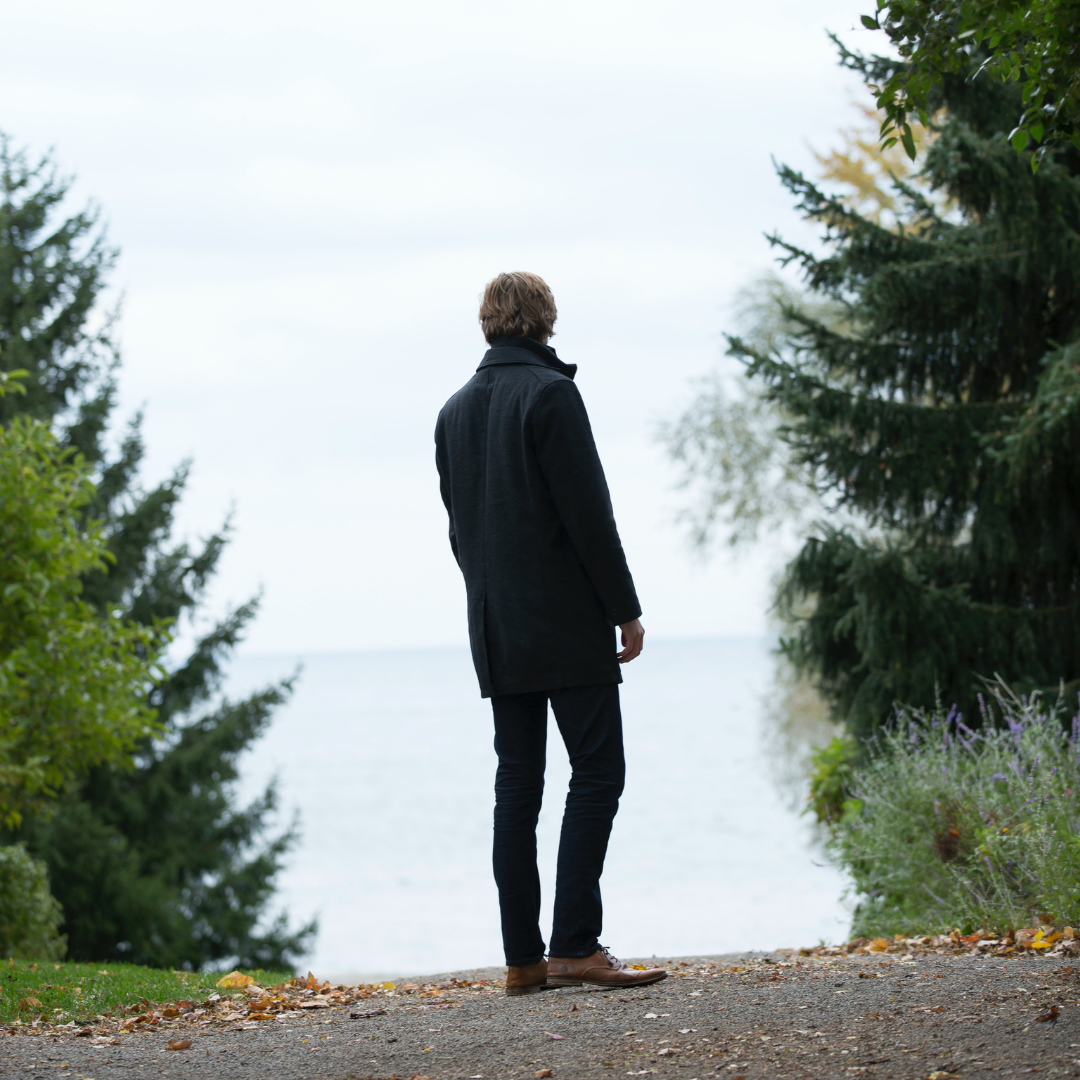
What can we learn from minimalism?
Minimalism is a lifestyle that encourages people to live with fewer possessions to increase well-being. How can we reap the benefits of minimalism in our daily life?
by Oliver Østergaard
What is Minimalism?
Minimalism is a lifestyle that encourages people to live with fewer possessions.
In the last decade, the lifestyle has become increasingly popular with the promise that living with less is an effective way to increase well-being (Hook et al., 2021).
Despite its popularity, there is still a lot we do not know about the link between minimalism and well-being.
So far we know that there are some psychological benefits to living more minimalistic.
A study from 2005 by the University of Rochester found that voluntary simplifiers exhibited increased well-being compared to the control group (Brown & Kasser, 2005).
Researchers have speculated that minimalism can increase well-being because it gives people more control over their desire to consume. If we look at this through the lens of social comparison theory, then everything we buy can become a potential point of comparison to what others have or what we could have purchased instead. This way consumerism can become a source of “what could have been” thinking or FOMO (fear of missing out).
Another explanation for the link between minimalism and increased well-being could be that minimalism gives people more space to focus on their psychological needs: E.g. competence, relatedness, and autonomy. Limiting our desires for material goods may leave us with more energy to pursue valuable experiences instead.
And a third explanation could be that minimalism can provide manageable goals. If we strive to live with less, we have to be creative. Finding new ways to organize your life can give you a sense of accomplishment and highlight the value of the things you choose to keep in your home.
So how can we reap the benefits of minimalism in our daily life?
Implementing minimalism in our everyday lives
A good place to start is to be aware of how we compare ourselves to others based on possessions. Every day we are exposed to advertisements that try to convince us that our belongings determine our value as a person. Challenging consumerism by thinking critically about why we buy the things we buy, is an important part of minimalism.
The second thing we can do is to focus more on achieving memorable experiences instead of getting more stuff. Research has shown that non-materialistic values and a preference for experiential purchasing can increase your overall well-being.
And lastly, we can consider what we value in our everyday life and pursue this vision through realistic goals. Minimalism does not have a specific set of requirements. It is more a way of thinking that can help us realize what best fits our needs, like drying an oversized sweater until fits you.


